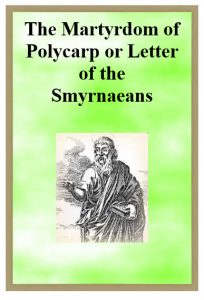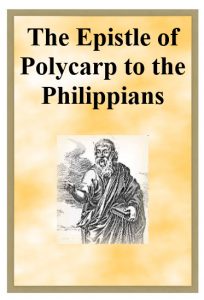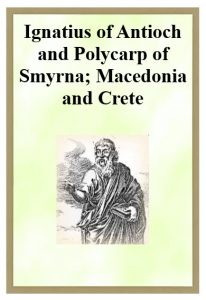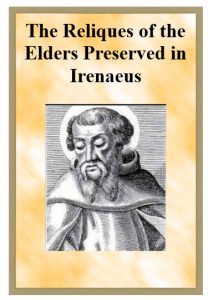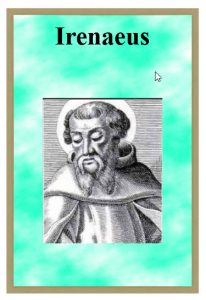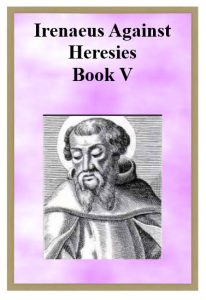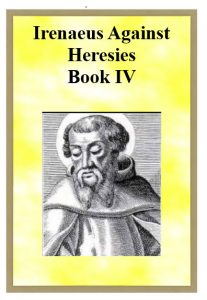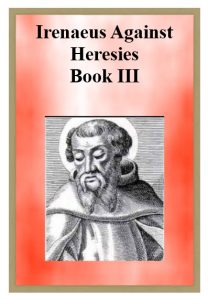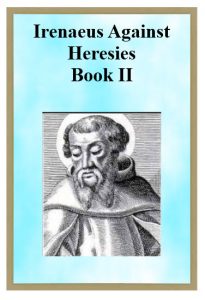Apostolic Fathers (Lightfoot)
0:1 The Church of God which sojourneth at Smyrna to the Church of God which sojourneth in Philomelium and to all the brotherhoods of the holy and universal Church sojourning in every place;
0:2 mercy and peace and love from God the Father and our Lord Jesus Christ be multiplied.
1:1 We write unto you, brethren, an account of what befell those that suffered martyrdom and especially the blessed Polycarp, who stayed the persecution, having as it were set his seal upon it by his martyrdom.
1:2 For nearly all the foregoing events came to pass that the Lord might show us once more an example of martyrdom which is conformable to the Gospel.
1:3 For he lingered that he might be delivered up, even as the Lord did, to the end that we too might be imitators of him, {not looking} only {to that which concerneth ourselves, but also to that which concerneth our neighbours.}
1:4 For it is the office of true and steadfast love, not only to desire that oneself be saved, but all the brethren also.
2:1 Blessed therefore and noble are all the martyrdoms which have taken place according to the will of God (for it behoveth us to be very scrupulous and to assign to God the power over all things).
2:2 For who could fail to admire their nobleness and patient endurance and loyalty to the Master?
2:3 seeing that when they were so torn by lashes that the mechanism of their flesh was visible even as far as the inward veins and arteries, they endured patiently, so that the very bystanders had pity and wept;
